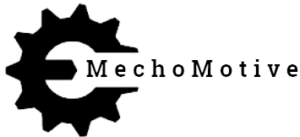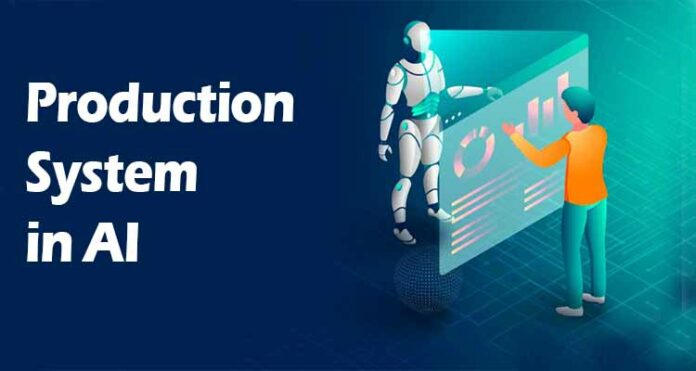What is a Production system?
Production system was proposed by Allen Newell in the year 1973. It is one of the important concepts in Artificial Intelligence.
Hence, a production system typically comprises of three main components
– Inference engine.
– Knowledge base (Long-term memory), and
– Working memory (Short-term memory)

Working memory
• The working memory is also known as short-term memory.
• Hence, it consists of the observed data for making decisions, and the intermediate results (derived data) produced by the inference engine.
Example:
• f1 for x having black strings
• f2- x having white body color
• for x having hoofs-f3
• odd number of toes -f4
• drink milk -f5
Introduction to Production System in Artificial Intelligence (AI)-Inference engine
Inference engine is also known as the brain of the Production Rules System which is able to scale to a large number of rules and facts.
Hence, its role is to match facts and data against Production Rules to infer conclusions which result in actions.
So you may be thinking how an inference engine works?
Hence, an inference engine basically interprets and evaluates the facts in the knowledge base in order to provide an answer. Hence, typical tasks for expert systems involve classification, diagnosis, monitoring, design, arrangement, etc.
There are 2 methods in use for this –
• Forward reasoning: Used to derive intermediate results using the observed data, and hence the last one is the final result.
• Backward reasoning: To make a hypothesis first, and verify or prove the hypothesis using the data.
Introduction to Production System in Artificial Intelligence (AI)-Features of production systems
– It is not necessary to think about the order of the rules, nor the relations between the rules,
• It is quite easy to update the knowledge base in production rules.
Some of the features include:-
1. Simplicity: Hence, the structure of sentences in a production system is typically unique and uniform as they use the “IF-THEN” structure.
2. Modularity: This feature explains the production rule code and the knowledge available in discrete pieces.
3. Modifiability: Modifiability generally allows the development of production rules in a skeletal form first and hence it is accurate to suit a specific application.
4. Knowledge-intensive: This part does not contain any type of control or programming information.

Problems/ Disadvantages of production system
• Because the rules are not well organized,
– Hence, it is difficult to understand the relations between rules, and
– it is not efficient for reasoning.





